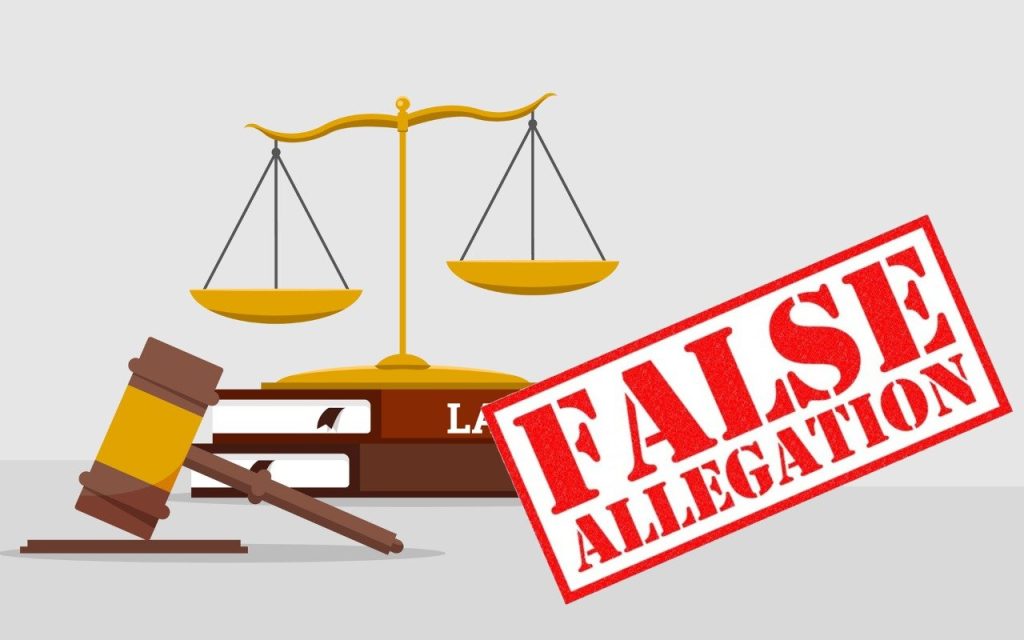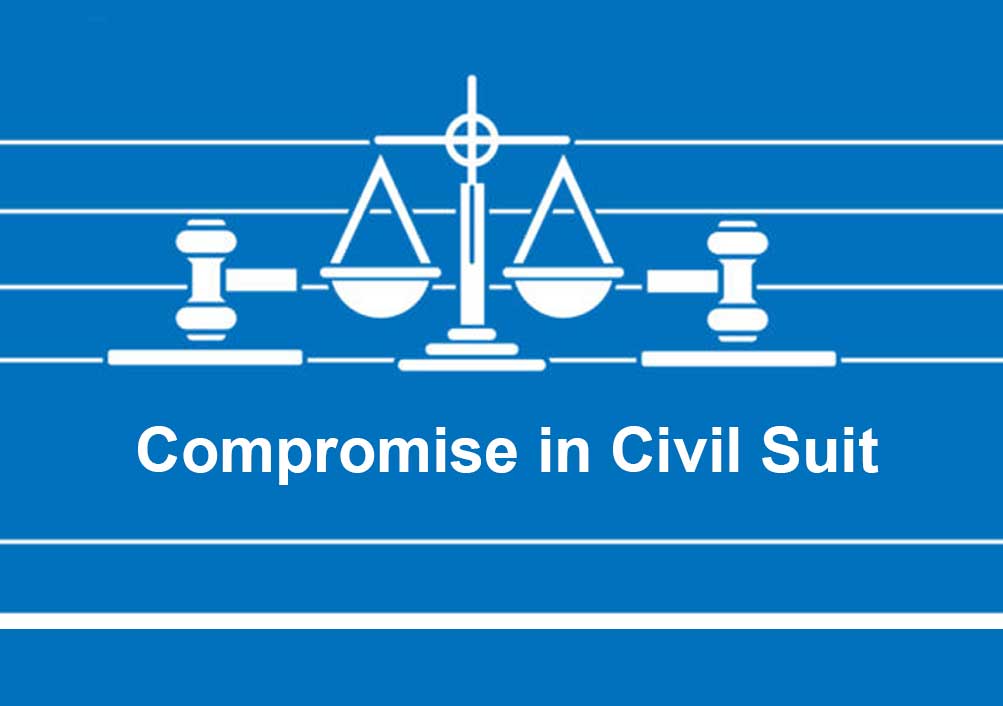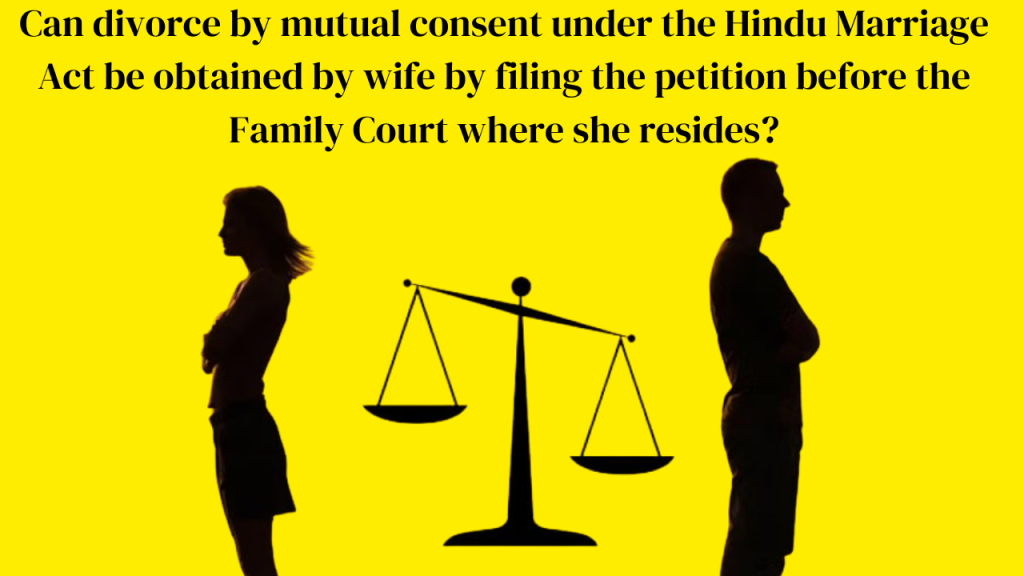Watch this article in video format on our Lawyers’ Society Youtube Channel.
In this article, I’ve discussed about the inheritance rights of Hindu children born out of void or voidable marriages under the Hindu Marriage Act, 1955, with reference to the recent 3-Judges Bench judgment of the Hon’ble Supreme Court.
Section 16 of the Hindu Marriage Act, 1955, reads,
“16. Legitimacy of children of void and voidable marriages.- (1) Notwithstanding that a marriage marriage is null and void under section 11, any child of such marriage who would have been legitimate if the marriage had been valid, shall be legitimate, whether such child is born before or after the commencement of the Marriage Laws (Amendment) Act, 1976 (68 of 1976), and whether or not a decree of nullity is granted in respect of that marriage under this Act and whether or not the marriage is held to be void otherwise than on a petition under this Act.
(2) Where a decree of nullity is granted in respect of a voidable marriage under section 12, any child begotten or conceived before the decree is made, who would have been the legitimate child of the parties to the marriage if at the date of the decree it had been dissolved instead of being annulled, shall be deemed to be their legitimate child notwithstanding the decree of nullity.
(3) Nothing contained in sub-section (1) or sub-section (2) shall be construed as conferring upon any child of a marriage which is null and void or which is annulled by a decree of nullity under section 12, any rights in or to the property of any person, other than the parents, in any case where, but for the passing of this Act, such child would have been incapable of possessing or acquiring any such rights by reason of his not being the legitimate child of his parents.“
VIEW 1: A Hindu child born out of void or voidable marriage is a legitimate child as per S. 16 of Hindu Marriage Act, 1955, only for the purpose of claiming share in the father’s self-acquired property and he/she is not entitled to claim any share in the ancestral property – Jinia Keotin & Ors. v. Kumar Sitaram Manjhi ((2003) 1 SCC 730), Neelamma & Ors. v. Sarojamma ((2006) 9 SCC 612), Bharatha Matha & Anr. v. R. Vijaya Renganathan (AIR 2010 SC 2685).
VIEW 2: Section 16(3) does not impose any restriction on the property right of such children except limiting it to the property of their parents. Therefore, such children will have a right to whatever becomes the property of their parents, whether self-acquired or ancestral – on the partition of an ancestral property (on death of the parent), the property falling in the share of the parents of such children is regarded as their self-acquired and absolute property. Children born out of void or voidable marriages can make a claim after the death of such parent. Different view taken from the one in Jinia Keotin (supra), Neelamma (supra), Bharatha Matha (supra) on Section 16(3) of Hindu Marriage Act, 1955 – Revanasiddappa & Anr. v. Mallikarjun ((2011) 11 SCC 1).
All the judgments referred above were pronounced by Division Benches of the Hon’ble SC. Therefore, the Hon’ble SC in Revanasiddappa (supra) referred the matter to a larger bench. The same was constituted much later, and a judgment was pronounced only in 2023. A 3-Judges Bench in the case of Revanasiddappa v. Mallikarjun ((2023) 10 SCC 1) upheld the view taken by the Division Bench in Revenasiddappa (2011, supra).
The Hon’ble SC had said that the earlier view taken in Jinia (supra), Neelamma (supra), Bharatha Matha (supra) was a narrow interpretation of Section 16(3) of the HMA, 1955. The word “property” would include both ancestral and self-acquired property of the parents. Children born out of void or voidable marriage are entitled to the a share in the parent’s interest in the joint-family property, which they can claim after such parent’s death. Such right cannot be exercised during the lifetime of the parent.
This is because the child born out of a void or voidable marriage is not a coparcener. Hence, he/she cannot demand partition. If the coparcenery property is partitioned during the lifetime of the parents, then it becomes their self-acquired property which they may dispose according to their wish. If they dont settle such property, and they do not leave any will, then the same will devolve according to provisions under Hindu Succession Act, 1956 applicable to intestate succession. If a will is left behind, the same will devolve as per testamentary succession under Hindu Succession Act, 1956 + Indian Succession Act, 1925. If the coparcenery property is not partitioned during the lifetime, then such share of the parent in the coparcenery property will be devolving as per HSA, 1956 + ISA, 1925 (if a will is left behind), or as per HSA, 1956 (if no will is left behind). Where no such will is left behind, the children born out of void or voidable marriage can claim their share in such share of the parents property in the ancestral property.
The Hon’ble SC has also reminded us that in view of the 2005 Amendment to Hindu Succession Act, 1956, the children born out of a void or voidable marriage will be having interest in the ancestral property of both the father and mother (a share in their interest), since both male and female parent can be a coparcenar, which they can claim after the lifetime of the father or mother, from such interest of the father/mother’s at the time of their demise.
Since a lot of High Courts and Trial Courts have stayed cases involving such an issue since the matter had been referred to a larger bench (and for several years the same was not decided), the Hon’ble SC gave a direction in Paragraph 85 of it’s order, which reads, “
“The Registrar (Judicial) of this court is directed to immediately circulate a copy of the Judgment to the Registrars (Judicial) of all the High Courts who shall upon taking suitable directions from the Chief Justices on the administrative side ensure that all pending cases involving the issues decided here are listed for hearing and disposal before the assigned benches according to rosters of work”
Views are personal. Contact for personal Assistance.
Subscribe to the Lawyers’ Society Youtube Channel to receive informative legal videos.









